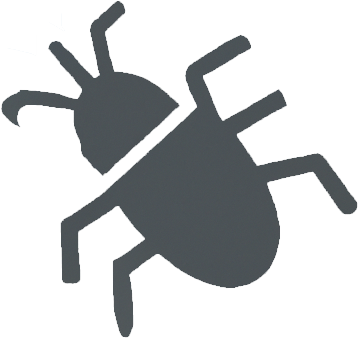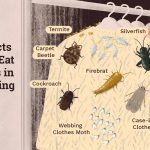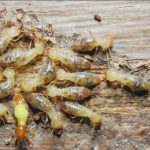Termites are a fascinating species of insect, but do they actually bite dogs? In this article, we’ll uncover the truth about termites and their potential for causing harm to our canine companions. We’ll look at the biology of termites, their behavior, and the potential for termites to bite dogs. By the end, you’ll have a better understanding of how to keep your dog safe from termite-related harm.
What Are Termites?
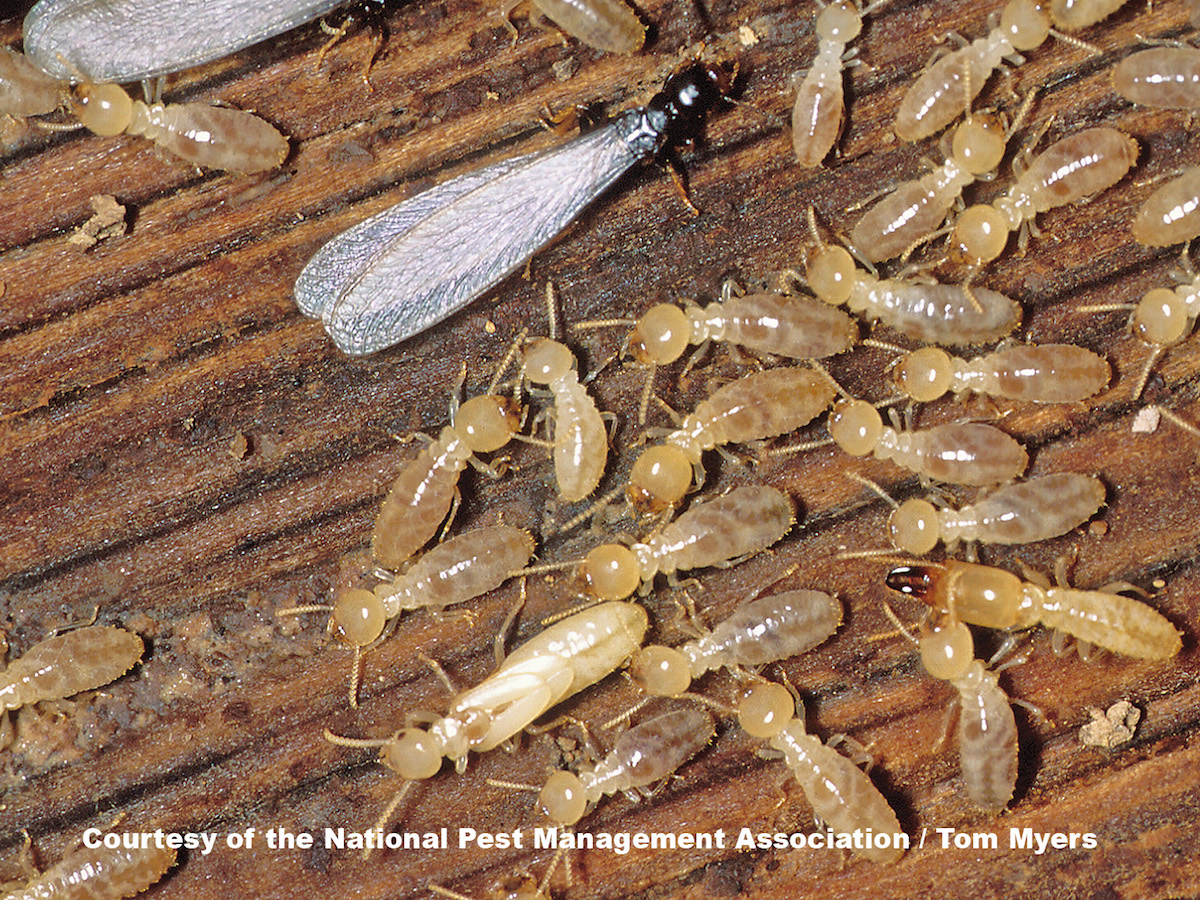
Termites are small, wood-destroying insects. They are related to cockroaches and feed on wood, paper, and cellulose-based materials found in homes. They are social insects and live in large colonies with distinct castes, including workers, soldiers, and reproductives. They are typically brown, but some species may have black or white coloring. Termites are active year-round and can cause extensive damage to homes and other structures.
Are Termites Harmful to Dogs?
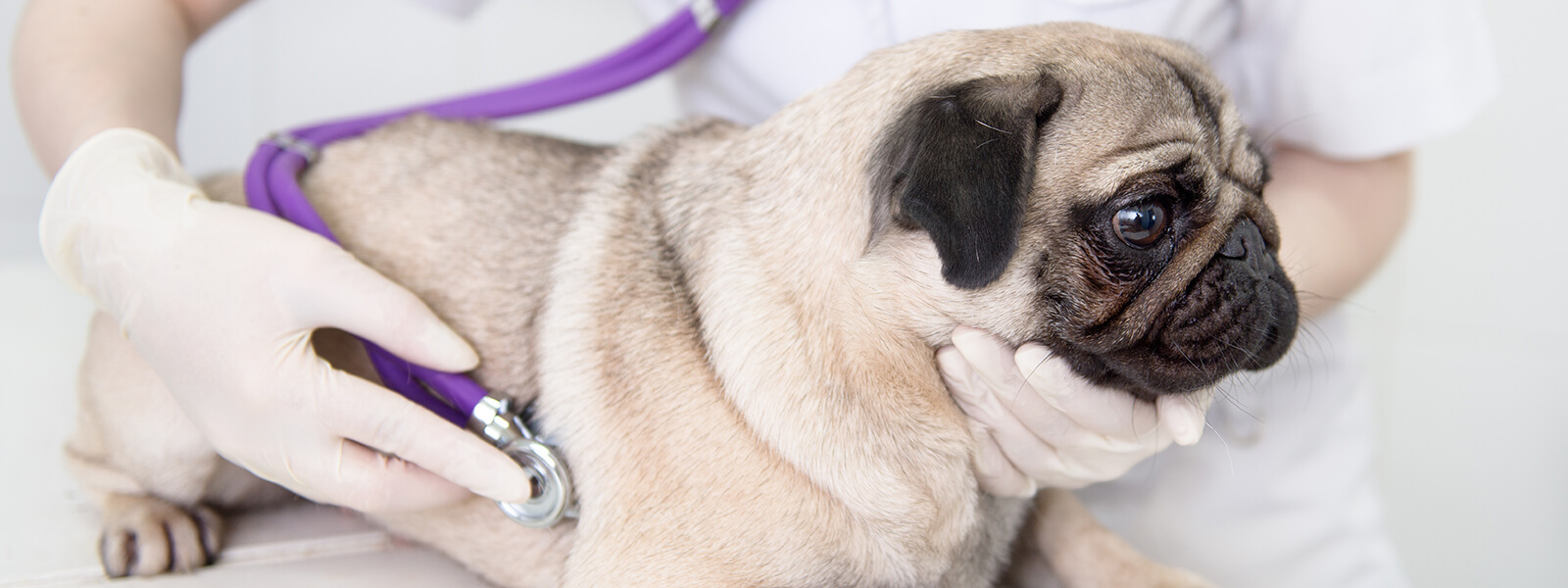
- Termites are not directly harmful to dogs, as they do not bite or sting them.
- However, they can cause damage to the house and furniture that a dog might chew on, potentially leading to harm.
- If a dog eats a termite, the insect’s exoskeleton could cause an intestinal blockage.
- Dogs can also become infected with certain types of microscopic parasites if they eat termites.
- In addition, termites can cause damage to a dog’s food and water bowls.
- It is also possible for termites to contaminate a dog’s bedding, which can lead to skin irritation.
Can Termites Bite Dogs?

Termites are not known to bite dogs or any other pet animals. However, they can cause damage to a dog’s living environment, resulting in a hazardous situation for your pet. Termites feed on cellulose-based materials, such as wood, paper, fabric and insulation. This can result in structural damage to your home, which can be hazardous for your pet. Additionally, termite colonies can produce small amounts of methane gas, which can be harmful to your pet if inhaled.
The best way to prevent termites from damaging your home and putting your pet at risk is to have your home regularly inspected by a licensed pest control professional. They can identify potential problem areas and help you determine the best course of action to keep your home and pet safe.
Signs of Termite Infestation on Dogs
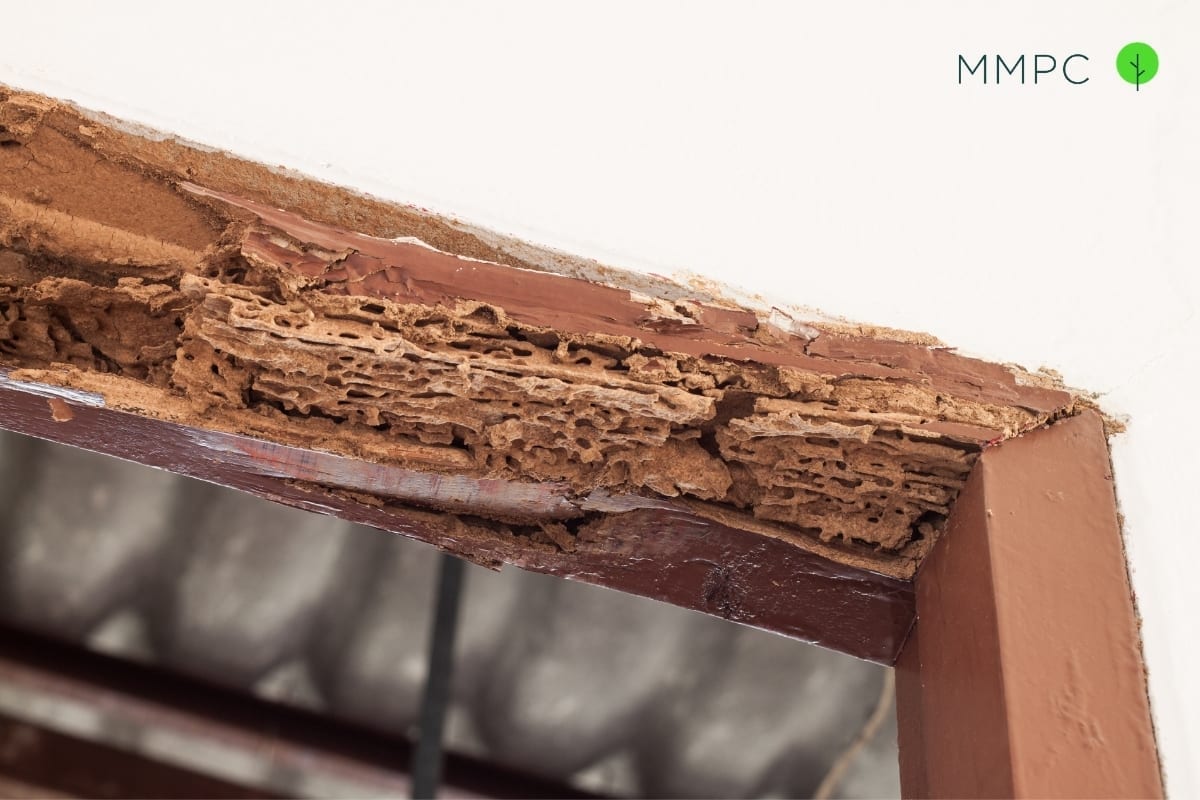
- Skin lesions, including bumps, rashes, and hives.
- Itching, licking, and biting of the skin.
- Hair loss, particularly on the legs, ears, and face.
- Dark or reddish-brown spots on the skin.
- Swollen or inflamed skin.
- Visible termites on the skin.
- Foul odor coming from the skin.
Prevention of Termites on Dogs
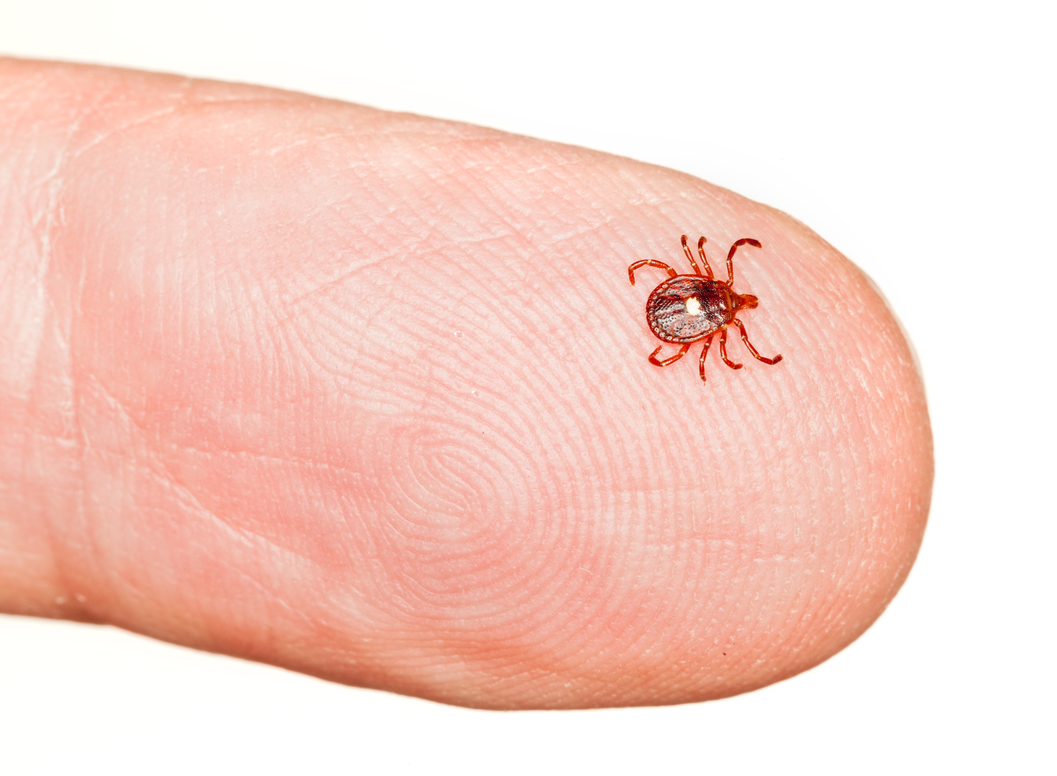
- Regularly check the exterior of your dog’s body for signs of termites and treat any infestations promptly.
- Keep your pet away from areas where termites are known to be present, such as woodpiles, old tree stumps, and rotting logs.
- Remove any excess moisture sources in the vicinity of your pet, such as standing water, puddles, and damp soil.
- Treat your pet with a flea and tick repellent to help keep termites away.
- Trim the fur around your pet’s eyes, ears, and other areas that may be prone to termite bites.
- Keep your pet’s bedding and living area clean and dry.
- Regularly disinfect and deodorize your pet’s living quarters to help prevent termites.
Treatment of Termites on Dogs
- Treat the dog’s skin with insect repellent.
- Remove any termite nests from the area.
- Apply an anti-termite insecticide made specifically for dogs.
- Clean and disinfect the area with a detergent and warm water.
- Monitor the dog for any signs of a reaction to the treatment.
- If the signs persist, take the dog to the vet for further treatment.
What to Do if You Suspect Termites on Your Dog
| Step | Action |
|---|---|
| 1 | Examine your dog closely. Look for signs of termites, such as small white or brown spots, or tiny holes in the skin. |
| 2 | If you do find signs of termites, take your dog to the vet immediately. |
| 3 | The vet may recommend a course of anti-termite medication. Follow the vet’s instructions. |
| 4 | Keep a close eye on your dog for any signs of further infestation. If you notice anything unusual, take your dog back to the vet. |
| 5 | Check your home for termites. If you find any, take steps to eradicate them as soon as possible. |
| 6 | Keep your dog away from areas where you suspect there may be termites. |
Frequently Asked Questions
Are Termites Harmful to Dogs?
Termites primarily feed on wood and can cause structural damage to homes and buildings. While termites can bite humans, they don’t usually bite dogs. However, if there is a termite infestation in your home, the swarm of winged termites can be dangerous to your pet as they can end up in their fur and eyes, causing irritation and discomfort. Additionally, termite droppings can be toxic if ingested by a dog.
Can Termites Bite Dogs?
Yes, termites can bite dogs, but it is rare. Termites have mandibles that are capable of biting, but usually, termites will only bite if they feel threatened. Termites usually feed on dead wood, but if they come into contact with a dog, they may bite to defend themselves. A dog would likely experience some swelling, redness, and itching at the bite site.
What happens if a dog is bitten by a termite?
A termite bite on a dog can cause redness, swelling, and irritation. In some cases, the bite may also cause an allergic reaction, resulting in itching, coughing, and difficulty breathing. If the allergic reaction is severe, the dog may require medical attention. In rare cases, the bite can lead to an infection, which can be dangerous for the dog if left untreated.
What should I do if I suspect termites are on my dog?
If you suspect that your dog has come into contact with termites, it is important to take the necessary steps to ensure the safety of your pet. Look for signs of an infestation, such as small holes in the fur or any evidence of termite droppings. If you find evidence of an infestation, contact your veterinarian who can help you develop a plan of action. Your vet may also recommend a flea and tick preventative to reduce the risk of your pet being exposed to termites in the future.
How can I protect my dog from termite bites?
Termites will rarely bite a dog, but it is still important to take precautions to protect your pet from an attack. The best way to protect your dog from termite bites is to reduce the presence of termites in your home. Inspect your home for signs of termites, such as mud tubes, droppings, and termite wings. Have a professional exterminator perform regular inspections and treatments, as needed. Additionally, make sure to keep your yard and garden free of debris and moist conditions, as these can attract termites. Finally, keep an eye on your pet in areas that may be more prone to termite infestations.
Conclusion
Termites do not bite dogs. While termites can be found in many areas and may even enter a home, they do not bite dogs. If there is evidence of termites in or around a home, it is important to contact a professional pest control service for treatment and removal. Additionally, it is important to keep an eye out for signs of termite infestation, such as mud tubes, wood damage, and swarming wings in order to protect the home and its occupants.
